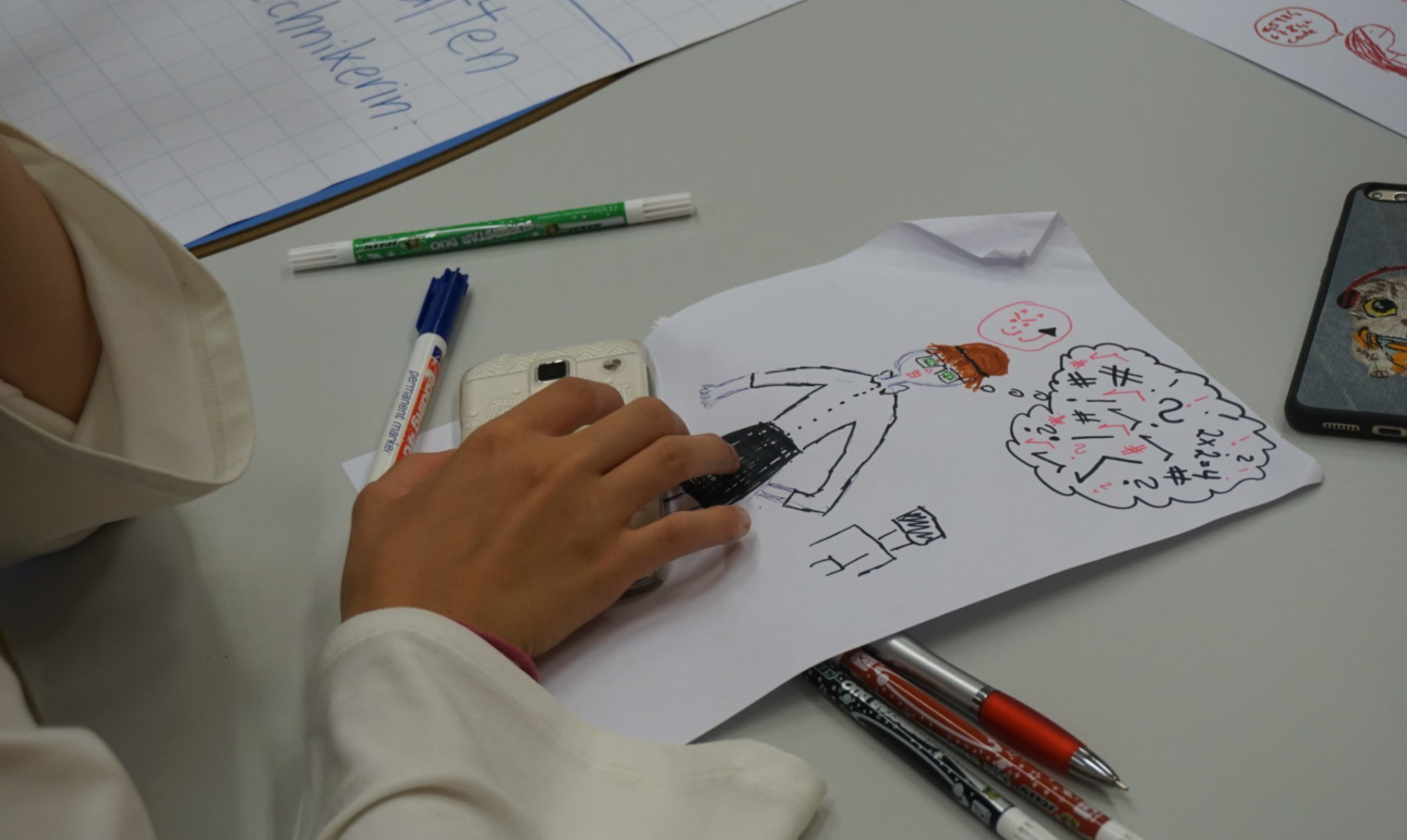Reference Format: Spieler, B. and Slany, W. 2019. Intersectionality and Computer Science Education: Building sensitivity and awareness.18th Annual STS Conference Graz 2019. In STS Conference Graz- BoA 2019r Research (ICGR’19). May 6-7, 2019, Graz, Austria.
Continue reading “Intersectionality and Computer Science Education: Building sensitivity and awareness”A Customised App to Attract Female Teenagers to Coding
Learning to program in a constructionist way
Reference Format: LODI, M. MALCHIODI, D, MONGA, M., MORPURGO, A., AND SPIELER, B. 2018. Learning to program in a constructionist way, In Proceedings of Constructionism 2018, 20 – 25 August, 2018, Vilnius, Lithuania. 901-924.
Continue reading “Learning to program in a constructionist way”
Rock bottom, the world, the sky: Catrobat, an extremely large-scale and long-term visual coding project relying purely on smartphones
Game Development-Based Learning Experience: Gender Differences in Game Design
Reference Format: Spieler, B. and Slany, W. 2018. Game Development-Based Learning Experience: Gender Differences in Game Design. In Proceedings of the 12th European Conference on Games Based Learning. October 4-5, 2018, GSophia Antipolis, France.
Continue reading “Game Development-Based Learning Experience: Gender Differences in Game Design”
Female Teenagers and Coding: Create Gender Sensitive and Creative Learning Environments
Reference Format: Spieler, B. and Slany, W. 2018. Female Teenagers and Coding: Create Gender Sensitive and Creative Learning Environments. Proceedings of the 5th Conference on Constructionism 2018. August 21 to 25, Vilnius, Lithuania.
Continue reading “Female Teenagers and Coding: Create Gender Sensitive and Creative Learning Environments”Reinforcing Gender Equality by Analysing Female Teenagers’ Performances in Coding Activities: A Lesson Learned
ACM Reference Format: Bernadette Spieler. 2018. Reinforcing Gender Equality by Analysing Female Teenagers’ Performances in Coding Activities: A Lesson Learned. In Proceed-ings of 4th GenderIT conference, Heilbronn, Germany, May 2018 (GenderIT’18), 11 pages. https://doi.org/10.1145/3196839.3196871
Continue reading “Reinforcing Gender Equality by Analysing Female Teenagers’ Performances in Coding Activities: A Lesson Learned”Evaluation of Game Templates to support Programming Activities in Schools
Reference Format: SPIELER, B., SCHINDLER, C., SLANY, W., MASHINSKA, O., BELTRÀN, M.E., BOULTON, H.; AND D. BROWN. 2017. Evaluation of Game Templates to support Programming Activities in Schools. In Proceedings of the 11th European Conference on Games Based Learning. October 5-6, 2017, Graz, Austria. p. 600-609.
Continue reading “Evaluation of Game Templates to support Programming Activities in Schools”